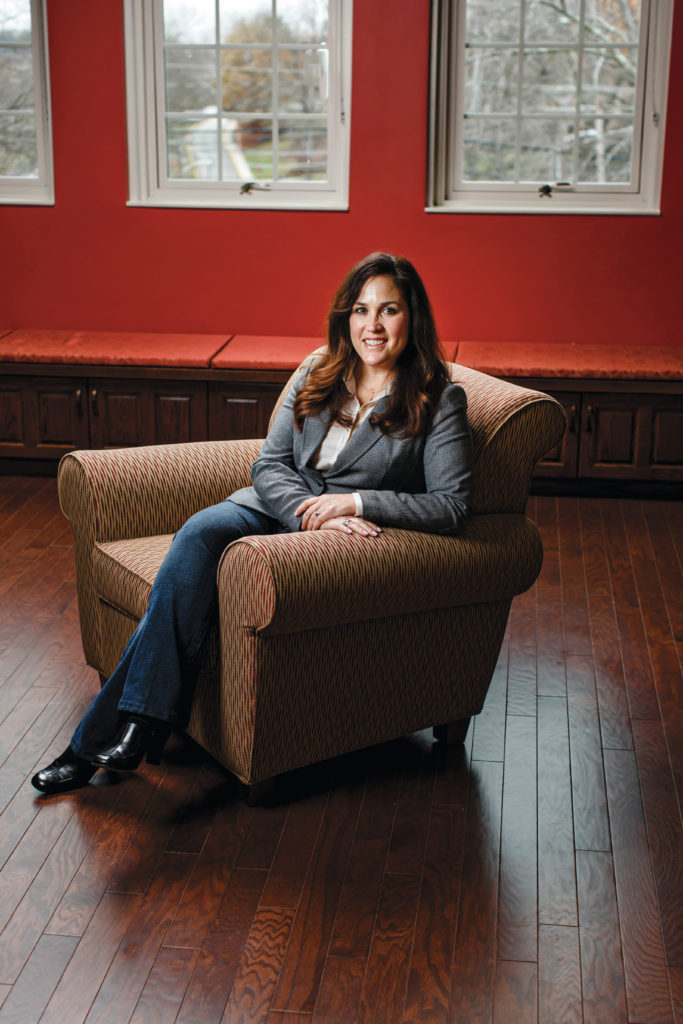Robert Charles Billings Chair in Education

What is your interpretation of the commitments to service and interracial education? What sorts of dialogue have you encountered regarding these ideas?
During the time that I have been at Berea College I have seen, heard, and felt so much surrounding issues of service and interracial education. The commitment to these issues is strong at Berea where there is true intentionality toward helping others feel a part of a community that understands its mission and has the will to carry that mission out. What I’m really impressed with is not only the community service (i.e., HEAL, Hispanic Outreach, tutoring and mentoring, etc.) that Berea engages in, but the service learning and community-based programs (via CELTS, the Carter G. Woodson Center, the Appalachian Center, etc.) which are based on reciprocity and collaborative partnerships between Berea and Appalachian communities. This shows that Berea gets at the heart of what empowerment really is, which is not simply to give power but rather for the institution to exercise power in an attempt to help others exercise their own power. This enhances community building and strengthens the relationship between college and community and highlights that Berea is interested in working alongside folks in the Appalachian region on issues of importance.
What I have perceived thus far in my short time at Berea is that there are a good deal of people at the college working very hard to engage others and be engaged in dialogue about issues that surround inequity. One of the things I’ve noticed is that Berea strives to take an intersectional approach to issues of inequity because they see that issues are more complex than what we typically tend to see on the surface. Racial and ethnic oppression, class oppression, patriarchy, homophobia, etc., intersect to create systems of oppression that reinforce each other instead of treating these types of oppression as separate from each other. These kinds of conversations have taken place in the Appalachian Center at lunch, in the evenings, at the Carter G. Woodson Center at varied times of the day, in Phelps Stokes, and in other venues on campus. There have been so many opportunities for me to engage with these topics at Berea several times a week that I have a difficult time keeping up with all of them! I’ve honestly been blown away by the incredible resources who are my colleagues at Berea, many of whom I have met and several whom I have yet to meet. It is amazing to be at a place where there is a critical mass of people working toward understanding difficult issues with others in the community.
In my short time at Berea, I’ve seen what I consider the themes of the Great Commitments (access, service, community, equality, and human flourishing) ingrained in the fabric of the institution. What’s impressive is that Berea lives these commitments daily by giving access to education to students from historically marginalized populations, by engaging in service to the Appalachian region, by promoting the ideals of participatory democracy, and by providing a curriculum of equality and social justice.

